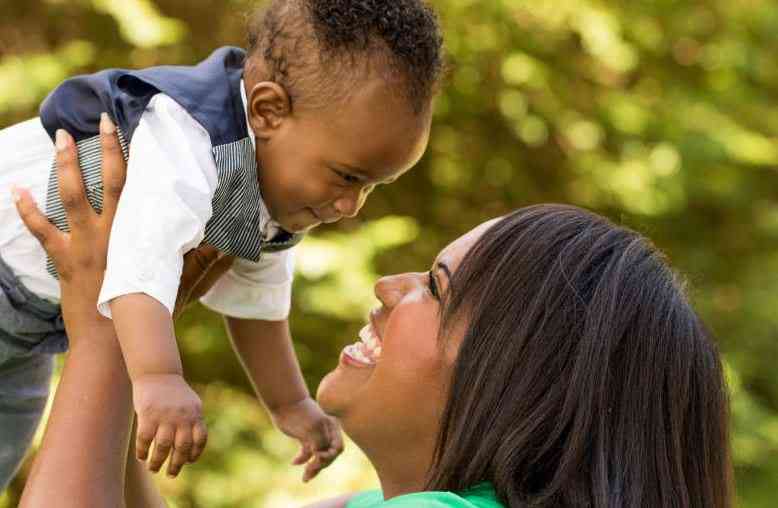
When you want to get Kenyans attention, either introduce a product that wakes up sleeping men or Okra to women. Alternatively, just introduce a matter that antagonises the genders and you will have comments streaming in from TikTok to the backstreet of Isiolo town.
One of the hottest topics started by motivational speaker Robert Burale recently was the matter about Kikuyu women giving their sons female names. The subject has generated a lot of interest and hot debate from across board. Where I come from, I have seen men not only take so much pride in their masculine family names but also go a notch higher to acquire names that appear dangerous. It is very common to hear a Luo man refer to the other as Ondiek, Nyang', Otoyo and so on.